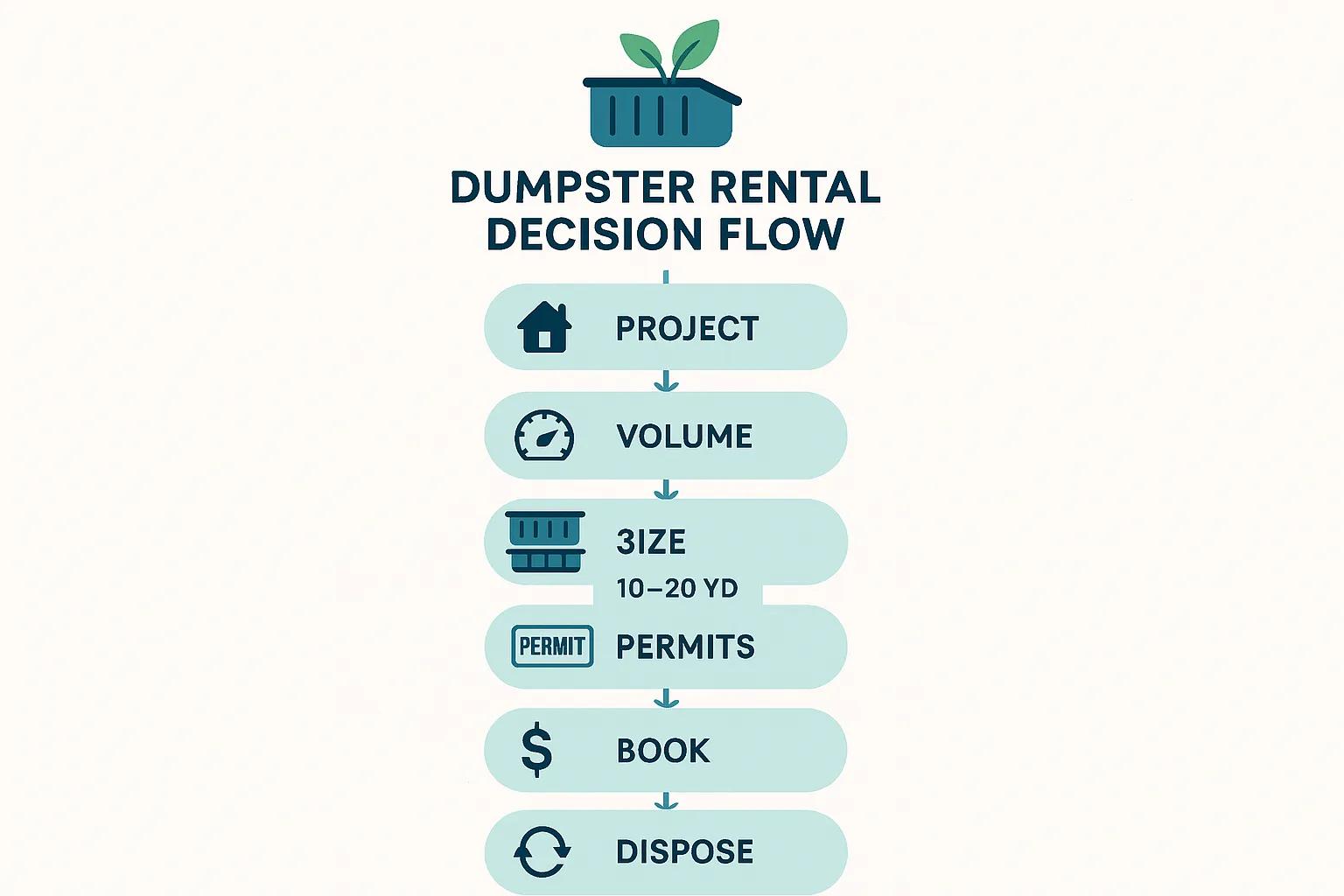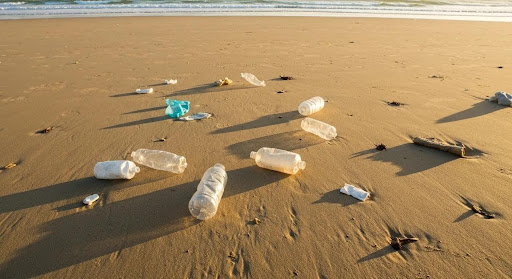
Introduction to Mattress Recycling
Every year, millions of mattresses are discarded worldwide, with most ending up in landfills. This poses a serious environmental challenge because mattresses are bulky, non-biodegradable, and filled with materials that could easily be reused. Mattress recycling is becoming an increasingly important solution, transforming waste into valuable resources and helping communities move toward a more sustainable future.
Why Mattresses Are a Big Waste Problem
The average mattress lasts about 7–10 years, after which it typically gets replaced. With over 50,000 mattresses discarded daily in the U.S. alone, the disposal problem is massive. Because they’re large and difficult to compact, mattresses take up enormous space in landfills, releasing harmful chemicals as they slowly degrade.
The Rising Importance of Eco-Friendly Disposal
As sustainability becomes a global priority, mattress recycling offers a practical and environmentally responsible way to handle bulky waste. Instead of letting them pile up in landfills, recycling allows us to extract materials like steel, foam, fabric, and wood for reuse—significantly reducing environmental harm.
What Is Mattress Recycling?
Mattress recycling is the process of dismantling old mattresses and reusing their components. Unlike simple disposal, it ensures that valuable raw materials don’t go to waste.
The Recycling Process Explained
-
Collection & Transport – Old mattresses are gathered through retailers, recycling centers, or special pick-up services.
-
Manual or Mechanical Breakdown – The mattress is cut open, and layers are separated.
-
Material Sorting – Different materials such as metal, foam, fabric, and wood are divided for reuse.
-
Processing & Reuse – Extracted materials are sold to industries for making new products.
Materials That Can Be Recovered
Foam and Fabric
Foam is shredded and repurposed into carpet padding, insulation, or even pet beds. Fabrics can be recycled into industrial filters, rags, or new textiles.
Steel Springs
Steel is one of the most valuable components. Once removed, it is melted down and reused in construction, automotive, or manufacturing industries.
Wood Frames
The wood inside mattresses can be chipped for landscaping mulch, biomass fuel, or reused in furniture.
Benefits of Mattress Recycling
Environmental Benefits
-
Reduces landfill waste
-
Cuts greenhouse gas emissions
-
Conserves natural resources by reusing steel, foam, and wood
Economic and Job Creation Benefits
Recycling programs create employment opportunities in local communities, from collection to processing facilities.
Social and Community Benefits
By donating usable mattresses and recycling the rest, communities can support families in need while promoting eco-friendly practices.
Mattress Recycling vs. Landfills
The Hidden Dangers of Landfill Mattresses
-
They occupy excessive space.
-
Chemicals in foam can leach into soil and water.
-
Steel springs damage landfill equipment.
Recycling as a Sustainable Alternative
Instead of wasting valuable resources, recycling allows for a circular economy where old products become raw materials for new goods.
How to Recycle Your Old Mattress
Local Recycling Centers
Many cities now have dedicated mattress recycling facilities where you can drop off your old bed.
Retailer Take-Back Programs
Some mattress retailers offer removal and recycling services when delivering a new mattress.
Donation Options for Usable Mattresses
If your mattress is still in good condition, local charities, shelters, or donation centers may accept it for reuse.
Innovative Mattress Recycling Programs Around the World
United States Initiatives
States like California, Connecticut, and Rhode Island have mattress recycling laws that make recycling more accessible.
European Union Programs
The EU emphasizes circular economy models, with many countries having mattress recycling targets.
Australia and Asia’s Approach
Australia runs the “Product Stewardship” scheme for mattress recycling, while several Asian nations are introducing similar initiatives.
Creative Reuse of Mattress Materials
DIY Projects with Foam and Springs
-
Foam for cushions, padding, or pet beds
-
Springs for art projects, wine racks, or garden trellises
Repurposing Mattress Wood
Mattress wood frames can be transformed into shelves, tables, or firewood.
The Future of Mattress Recycling
Emerging Technologies
Automation and advanced machinery are speeding up recycling efficiency.
Government Regulations and Policies
Policies promoting producer responsibility are increasing recycling rates worldwide.
Consumer Awareness and Responsibility
Educating consumers about recycling options ensures more mattresses are kept out of landfills.
FAQs About Mattress Recycling
Q1: Why can’t mattresses just be thrown in the trash?
Because they take up huge landfill space and release harmful chemicals.
Q2: How much of a mattress can actually be recycled?
Up to 80–90% of a mattress can be recycled.
Q3: Is mattress recycling expensive?
Some programs charge a small fee, but many retailers cover it when delivering a new mattress.
Q4: Can bed-in-a-box mattresses be recycled?
Yes, though their foam and compressed materials may require specialized recycling facilities.
Q5: What happens if a mattress is donated instead of recycled?
If in good condition, it can be reused by families, reducing waste.
Q6: How do I find a mattress recycling program near me?
Check local government websites or use recycling directories like Earth911.
Conclusion: Why Mattress Recycling Matters More Than Ever
Mattress recycling is more than just an eco-friendly choice—it’s a necessity for a sustainable future. With millions of mattresses piling up in landfills each year, recycling helps save space, recover valuable materials, create jobs, and reduce environmental damage. As consumers, we all have the power to make responsible choices and contribute to a greener planet by ensuring our old mattresses are recycled instead of thrown away.



